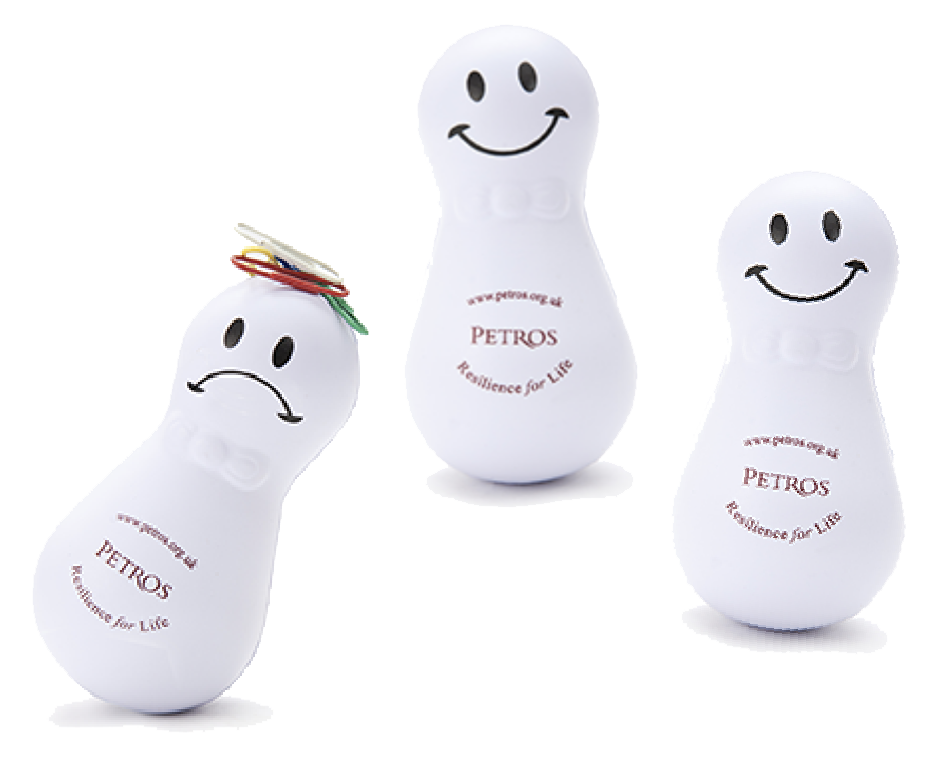Disability Is Not a Subsection of Safeguarding
Father Justin explains that treating disability as a marginal or specialist area within safeguarding often results in oversight. He reflects on how disability is often framed as a departure from the norm, rather than recognized as an expression of our shared humanity — a reminder of our innate interdependence
“Disability is not about one group needing special rules – it is about all of us recognising our limits and interdependence.”
This social model perspective reframes disability not as deficit, but as difference that must be accommodated within standard safeguarding structures. Father Justin calls for safeguarding leads to review how access and inclusion are built into, not bolted onto, safeguarding policies – aligning with wider practice developments and recent findings from the Petros Safeguarding Handbook.
Rethinking Power and Vulnerability
A second core theme is the shifting nature of vulnerability. As both a legal advisor and priest, Father Justin has held significant roles of authority. Yet, he also describes moments where his own disability placed him in vulnerable situations, including early experiences of harm and exclusion.
This dual lens allows him to speak to the limitations of categorising individuals as permanently ‘vulnerable’ or ‘safe’. He notes that context, relationship, and environment all influence where power sits – and safeguarding systems need to reflect this.
“We are never entirely one or the other. Vulnerability and responsibility co-exist.”
Faith-based safeguarding leads may find this particularly useful when considering how to train volunteers or assess organisational risk – both areas where Petros’ consultancy work supports the development of proportionate and context-sensitive approaches.
Theology, Boundaries, and Belonging
Drawing on his background in disability theology, Father Justin identifies boundaries and belonging not as opposing forces, but as two coexisting truths. Boundaries, he says, protect individual dignity, while belonging enables connection and shared care.
This is especially resonant in Christian contexts, where the theology of the body, community, and incarnation speaks directly to both safety and inclusion. He encourages leaders to ask not just “what keeps people safe?” but also “what supports people to belong?”
He observes that cultivating a sense of belonging is particularly meaningful for individuals with disabilities, who may experience a sense of separation shaped by societal constructs.
This theological framing echoes key themes in Dr Marcus Pound’s contribution to the Petros Safeguarding Handbook, particularly around clericalism, power, and inclusion.
This theological framing echoes key themes in Dr Marcus Pound’s contribution to the Petros Safeguarding Handbook, particularly around clericalism, power, and inclusion.
What You Will Learn in the Full Episode
● How to recognise the risks of treating disability as an add-on to safeguarding
● Why vulnerability and power are relational, not fixed traits
● The role of theology in shaping inclusive safeguarding frameworks
Listen to Episode 3 of Faithful Safeguarding with Father Justin Glyn wherever you get your podcasts. Or, if you prefer to read, explore the condensed interview version in our magazine series.




